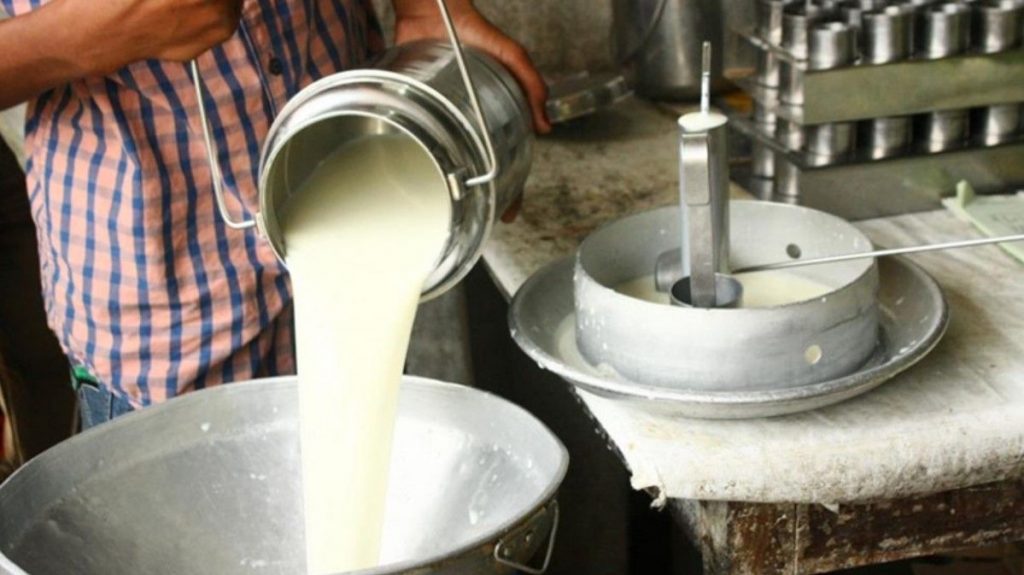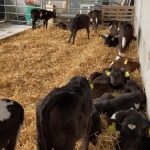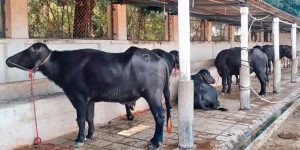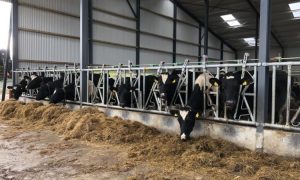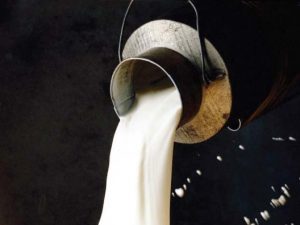
The dairy farmers said the administration would have to notify the new rates.
The executive committee of the Dairy and Cattle Farmers Association (DCFA) Islamabad chapter at a meeting noted that the input cost had increased manifold, criticising the authorities for not doing anything to enhance milk production in the country.
The meeting decided to enhance the farm rate of fresh milk to Rs130 from the existing Rs110 per litre.
“The inflationary impact on all input items, most notably the rising cost of electricity and fuel, has led to this decision,” Shahid Gondal, a spokesman for the DCFA, told Dawn.
He said Pakistan was currently facing shortage of wheat husk and fodder that led to the increase in its cost.
“It is up to the consumers whether they want to have safe and pure product or spurious and adulterated product in the name of milk at a low cost,” Mr Gondal added.
He said the DCFA had intimated the capital administration about their decision and demanded the new rate of Rs150 per litre be notified before the start of December.
When contacted, a senior official of the capital administration said preparations were being made to discuss the matter with the dairy farmers.
On the other hand, a dairy farmer in Tarlai said mix milk of cow and buffalo was mostly sold in the market because it was not feasible to sell pure buffalo milk.
“No commercial farmer in Rawalpindi and Islamabad can afford selling only buffalo milk because its cost is too high. We all sell mix milk,” the farmer said. “But if there are any other additives such as water etc., that is at the retail end,” he added.
While there is no official data available, statistics gathered by the DCFA showed that up to one million litres of milk was consumed in the twin cities daily.
Out of it, around 800,000 litres was supplied to the region from Punjab, mainly the Sargodha division, and the local produce was only 200,000 litres.
Apart from the local villagers who keep some domesticated cattle, there are around 500 small dairy farms in and around Islamabad and Rawalpindi.
Shahbaz Rasool, the president of DCFA Pakistan, said northern Punjab and AJK were primarily not agricultural areas and the growing urbanisation was leading to a milk and meat crisis in these parts.
“Large commercial dairy farms are in the plains of central-southern Punjab and Sindh; therefore, the federal and provincial governments have to devise a long-term policy to enhance the number of cattle to improve milk and meat production to cater to the demands of Karachi, Potohar and the AJK,” Mr Rasool added.
He even predicted that the price of milk could go up to Rs200 per litre by the end of 2022 in Islamabad if a new policy was not implemented.
